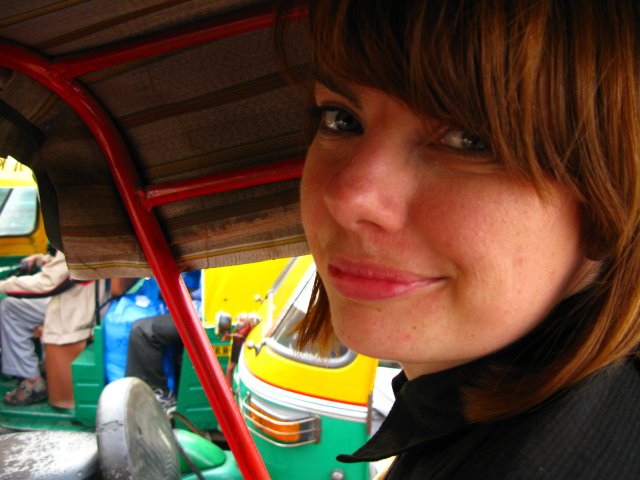UPDATED: Susan’s latest UEP profile can now be found here
Working title: All being well: cultures of participation and the cult of measurement
I am a doctoral student at the ESRC Centre for Research on Socio-Cultural Change (CRESC) based at the University of Manchester. My research is inter-disciplinary, bridging the social sciences and humanities, and investigates the politics of cultural practices, participation and well-being.
I am chiefly looking at narratives of well-being, taking the Office of National Statistics’ (ONS) Measuring National Well-being: What Matters to You debate as my focus. In listening to how people describe what matters, and what well-being means to them, I am reconsidering what constitutes well-being in a way which is more inclusive and representative of everyday perspectives, practices and experiences. I suggest that there are key differences between these narratives of well-being, and the narratives which drive the agenda to measure well-being in national and international political fora, and that this has implications for policy-making.
This difference is particularly interesting for the Understanding Everyday Participation – Articulating Cultural Values (UEP) project, which my PhD is linked to. Many who took part in the debate described the importance of spare time, and how and where it is spent, as fundamental to what they understand to be their own well-being, or important to the well-being of others. In revisiting these descriptions, I hope to develop an enhanced picture of how ‘the nation’ thinks different elements comprise ‘well-being’. This may highlight new directions for policy interventions, or how current policies might be ineffective or misdirected. Following the premise of the UEP project, I am suggesting that cultural policy in particular is too concerned with participation in formal (as funded) activities, such as museum or theatre attendance. The ‘What Matters to You?’ debate indicated that any kind of cultural activity contributes to well-being, and most of it sits outside cultural policy frames.
I have spent some time looking at the individual activities associated with well-being in people’s responses to the national debate, but am most concerned with the assertion that,
it is participation per se that matters for health and well-being,
rather than any particular activity (Miles and Sullivan, 2010). This statement is substantiated by the findings of my secondary analysis of qualitative data from the debate, together with my own fieldwork across the UK. It is my hope to show how the well-being debate can demonstrate the relevance of survey data beyond that which becomes the social indicator in order to move on from ‘imagin[ing] the nation’ (Savage and Burrows 2007) towards “understand[ing] the world” possible through interpreting everyday experiences (Scott et al 2009).
Also imperative to my research is a greater understanding of the extent to which what is thought to be ‘the good life’, as explicit (or implicit) in the development of well-being indicators, is an ideological expression of ‘a norm’. I am investigating how this political, moral and philosophical idea of the ‘normative’ affects the ways in which ‘the science’ is constructed to make ‘evidence’ from choices of how and what to measure. Furthermore, how the relationships to ‘the normative’ and ‘evidence’ differ between those living everyday experience and the elite technicians in charge of ‘progress’ (Lefebvre 1961).
Following an Art History BA at the Courtauld, Susan initially worked as a curator before moving into research collaboration and partnerships management at Royal Central School of Speech & Drama.
Before embarking on her PhD, she completed an MA in Cultural Policy at City University and held a fellowship at the Centre of Excellence in Training for Theatre. Susan also holds membership to the Arts and Health South West; the ESRC Politics of Well-being group; and the BSA Happiness Study Group.
For Susan’s institutional profile, please click here

